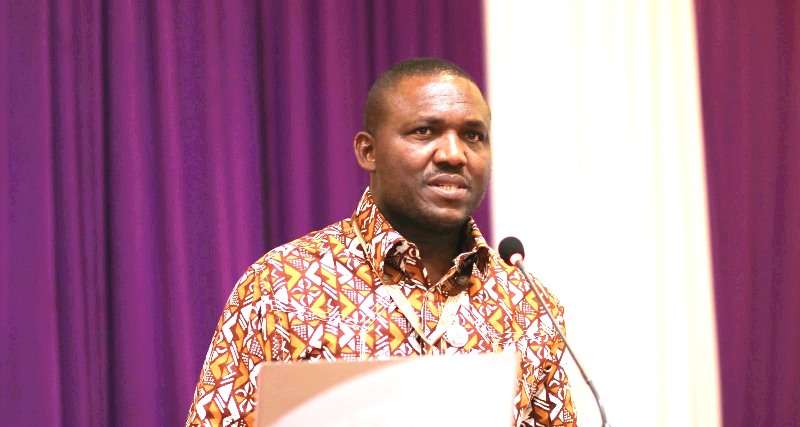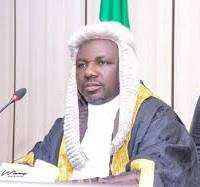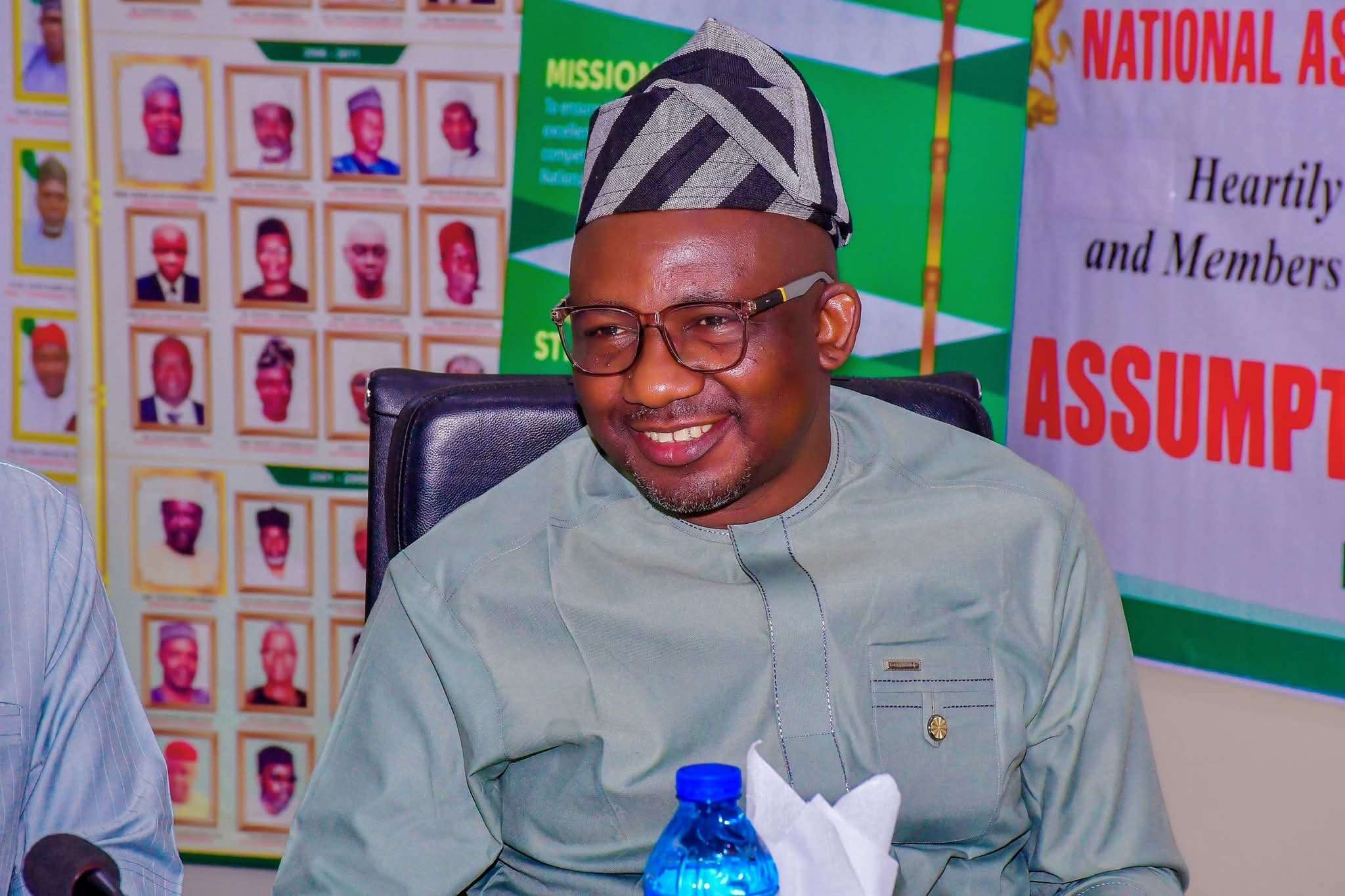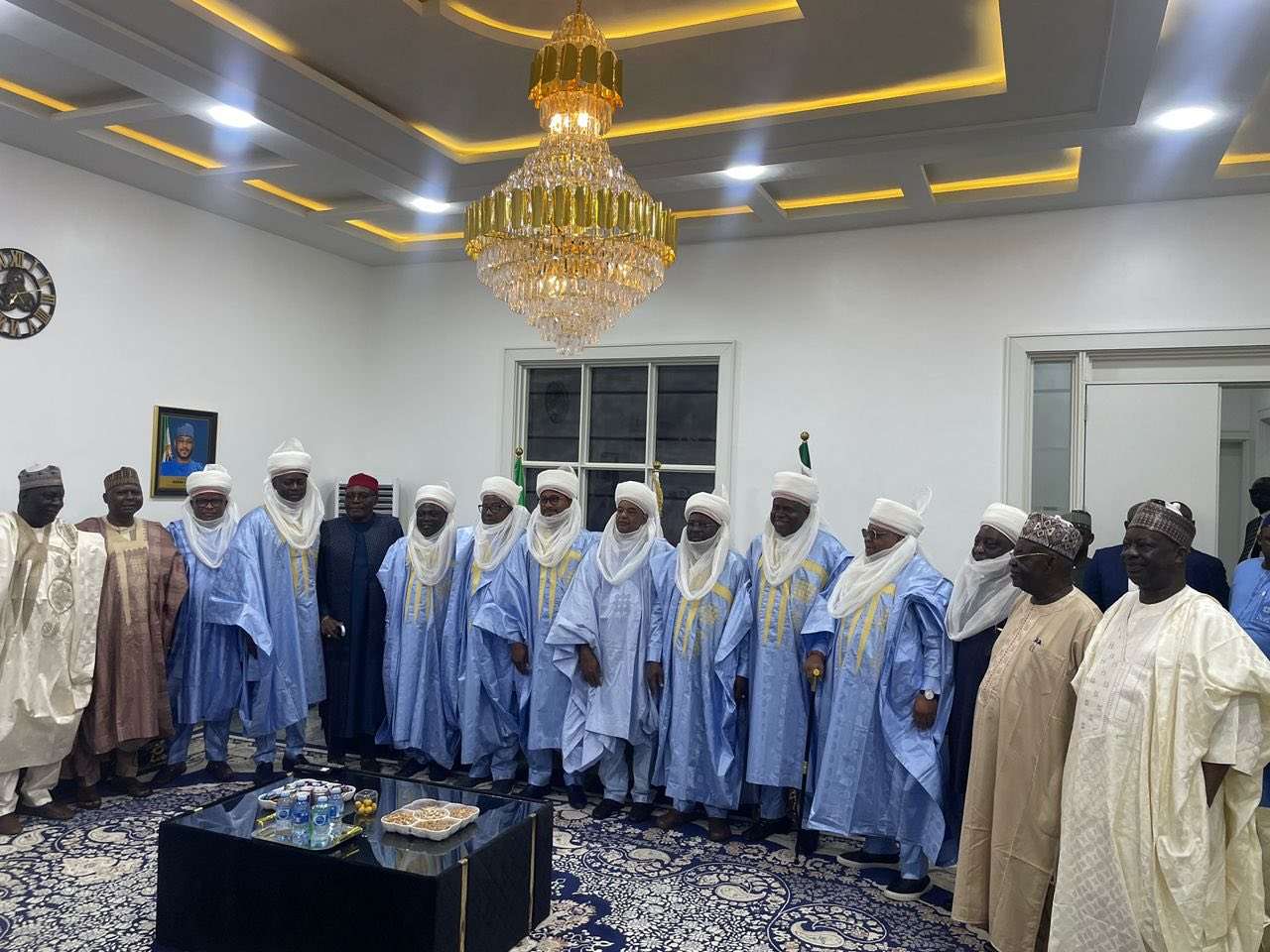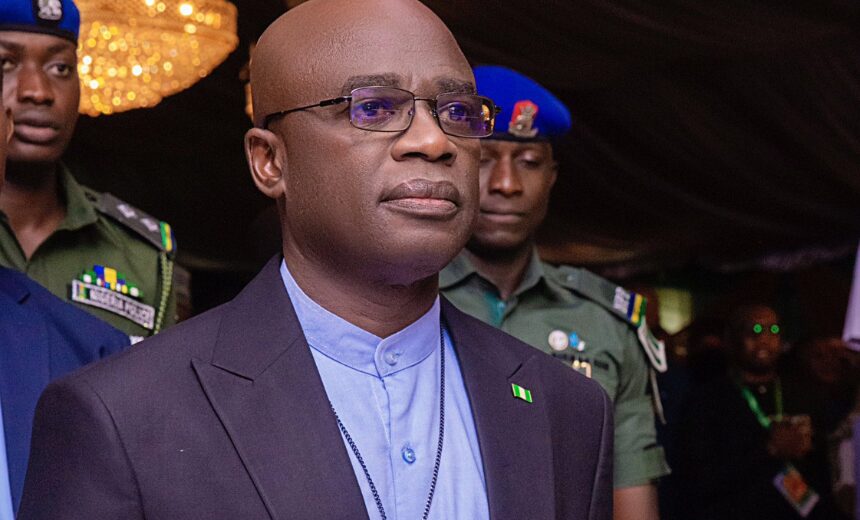By Esther Angwa
The World Health Organisation (WHO) has charged global leaders to tackle inequalities in healthcare access, saying the disparities hinder progress in ending acquired immunodeficiency syndrome (AIDS) by 2030.
WHO’s Director General, Tedros Adhanom Ghebreyesu made the call in a report titled “take the rights path to end AIDS” as part of activities to mark the 2024 Word AIDS Day, celebrated annually on December 1st.
The report noted that of the 39.9 million people living with HIV, 9.3 million people are still not accessing life-saving treatment. Last year, 630 000 people died of AIDS-related illnesses, and 1.3 million people around the world newly acquired HIV.
“As the 2030 global goal is looming, we need to support the transition to a sustainable country owned response over the next five years. That means increasing access to affordable testing, prevention and treatment services including the new long acting injectables for pre-exposure prophylaxis,” said Ghebreyesu.
The report also said criminalization and stigmatization of marginalised communities is obstructing access to life-saving HIV services. In the 2021 Political Declaration on Ending HIV/AIDS, countries committed to ensure that by 2025 less than 10% of countries have restrictive legal and policy frameworks that lead to the denial or limitation of access to HIV services.
“However, in 2023, 63 countries still criminalize same-sex relations. These laws are hindering the HIV response: Among gay men and other men who have sex with men, HIV prevalence is five times higher in countries that criminalize same-sex relations than in those that do not. than in those that do not.” the report said.
Winnie Byanyima, the Executive Director of UNAIDS also urged leaders to uphold the rights of the citizens, saying “to get on track to end AIDS, leaders need to uphold the human rights of everyone living with and at risk of HIV.

